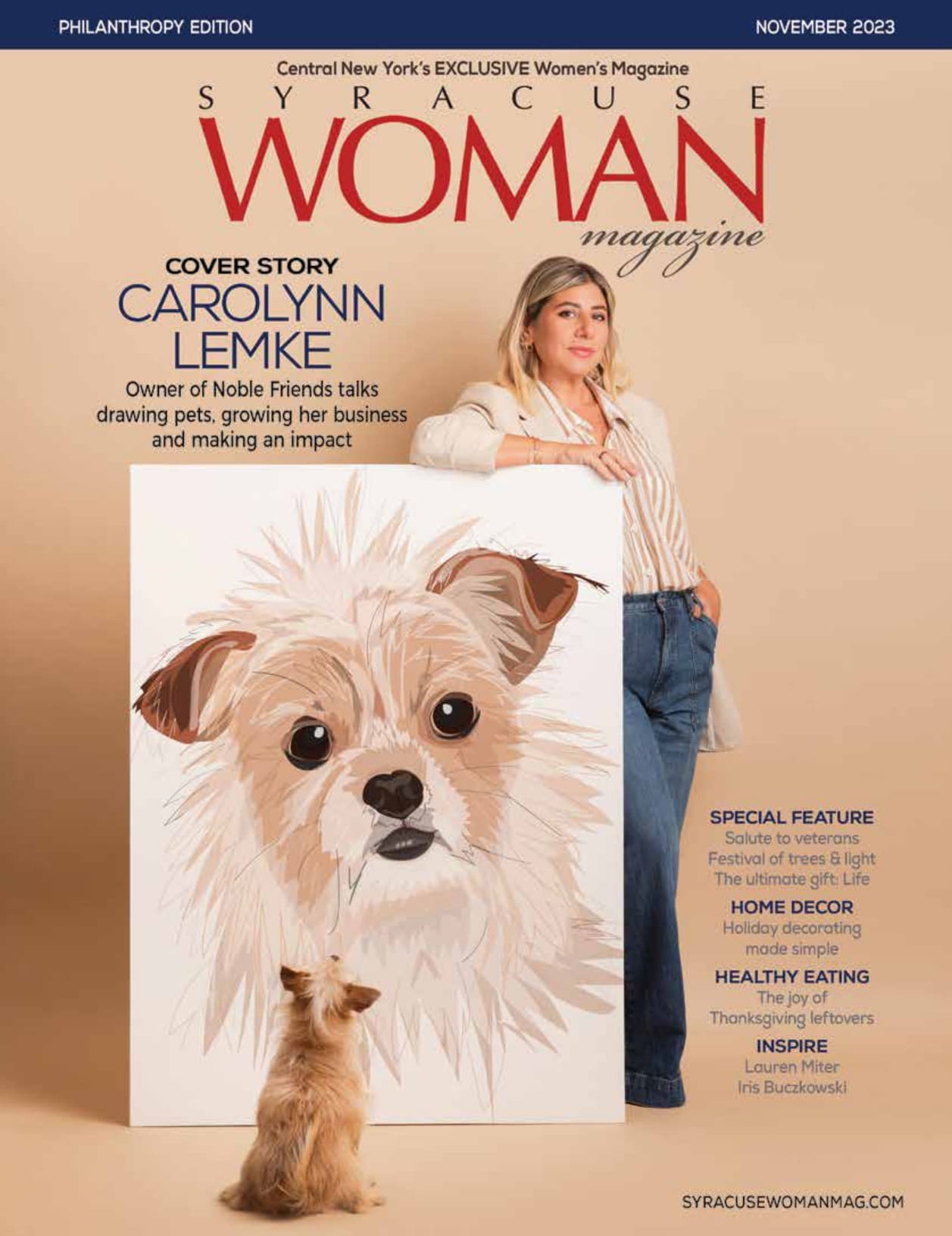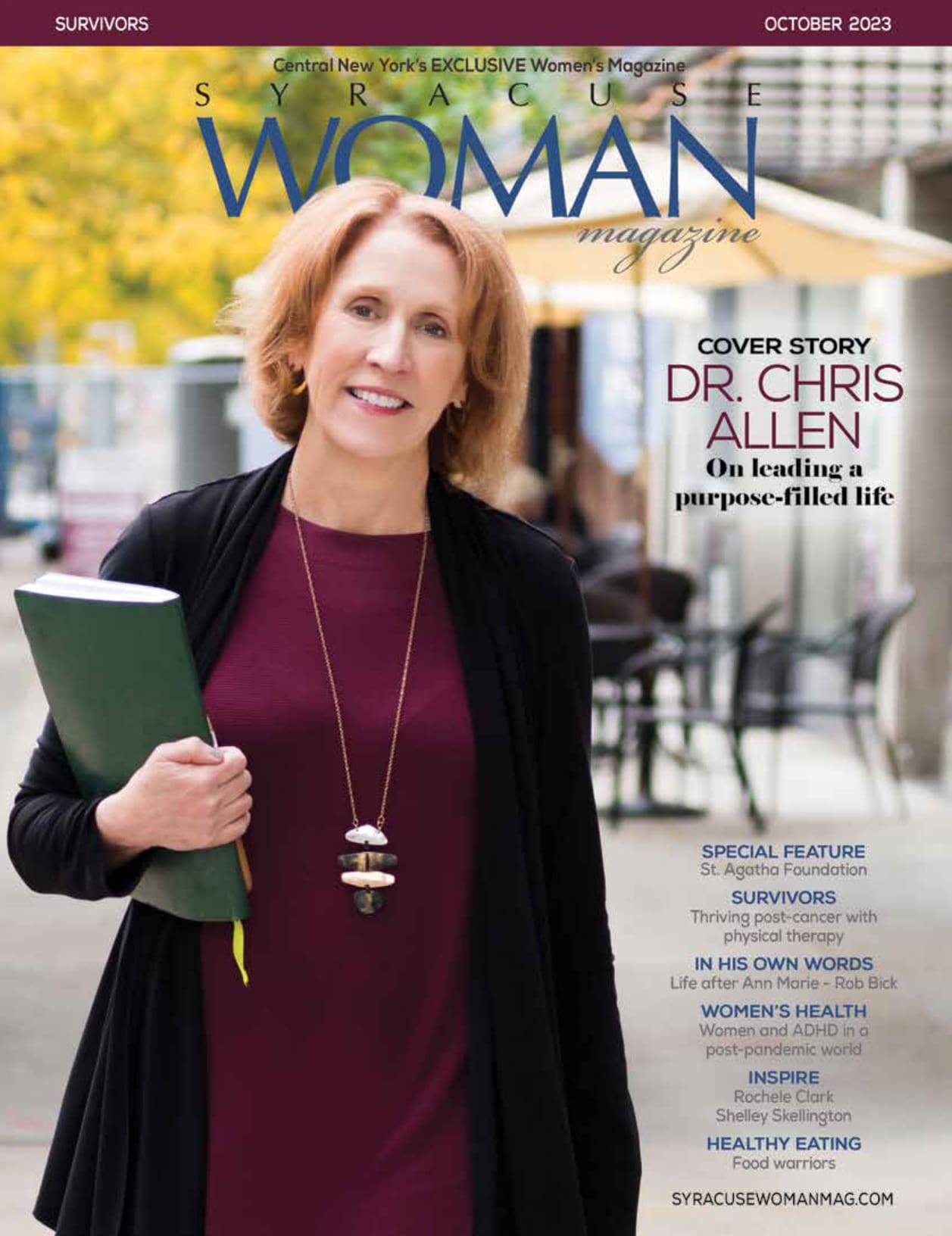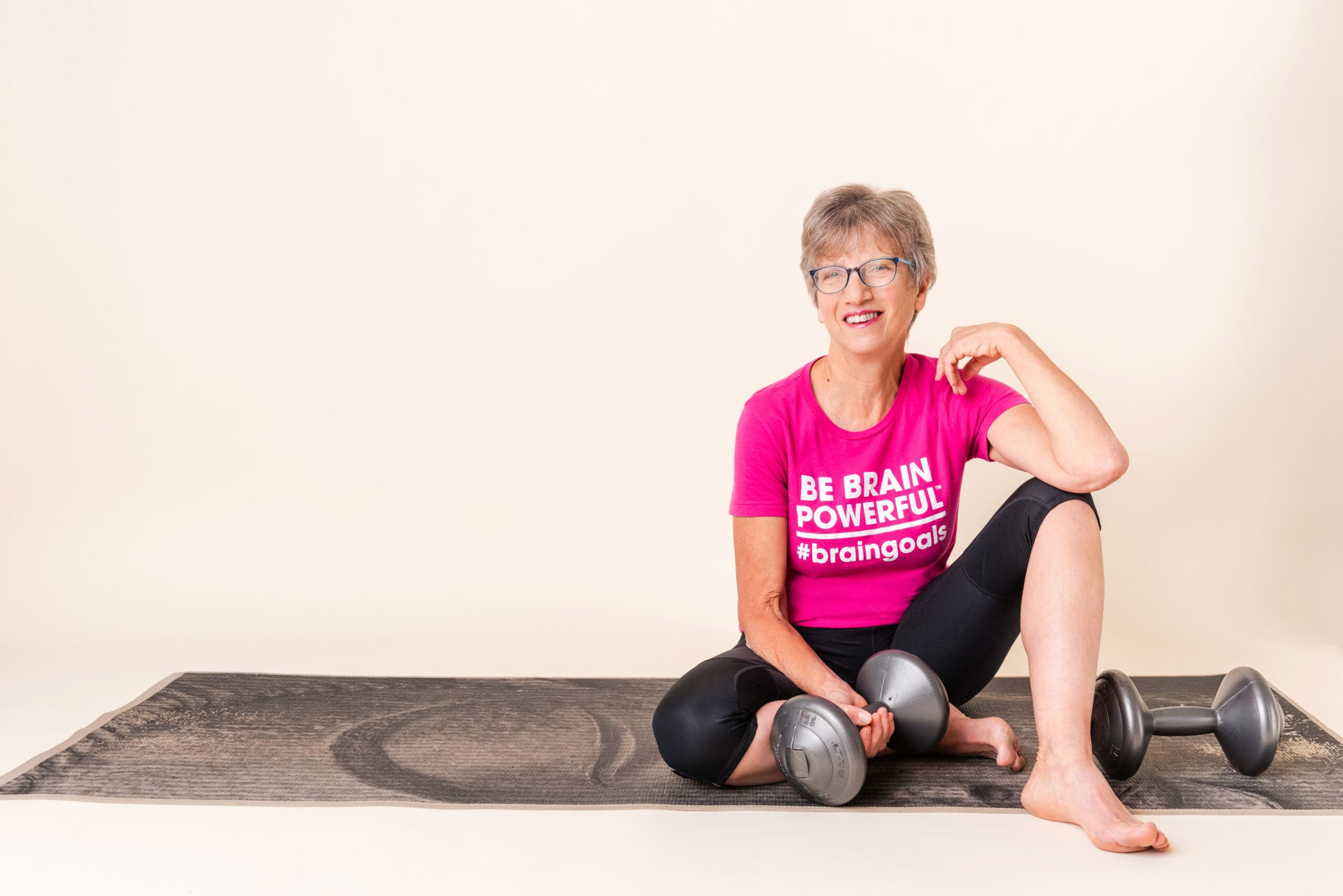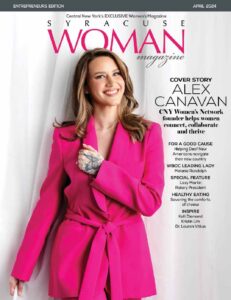PHOTOS BY ALICE G. PATTERSON PHOTOGRAPHY
If you ask Rob Bick, his late wife, Ann Marie, was practically a superhero.
“She had an extraordinary intellect, an extraordinary curiosity, a razor sharp sense of humor and a monumental sense of what the common good should be and a desire to make it happen any way she could,” he said. “She loved her friends… and if you were in her universe, her goal was to make sure you were taken care of.”
Ann Marie Bick passed away after a long battle with metastatic breast cancer last December. According to Rob, 30 percent of women diagnosed with breast cancer will get metastatic breast cancer.
“Metastatic breast cancer is dangerous, debilitating and relentless,” Rob said.
Ann Marie was first diagnosed with breast cancer in 2003. After a double mastectomy and chemotherapy, she thought she’d beaten the disease, but in May of 2013, she learned that the cancer had returned, and it had metastasized to her bones. For three years, she lived relatively symptom-free, but in the last two years of her life, Ann Marie was in and out of the hospital. Her liver and kidneys were failing. She became dehydrated. She was in near-constant pain. At one point, she was taking 87 different medications and supplements.
“It’s such an ugly, relentless disease that you can’t even put it into words,” he said.
In sickness and in health
The Bicks’ lives didn’t always revolve around chemo and trips to the emergency room. The couple met by chance on the set of WSYR’s “Bridge Street” on Jan. 7, 2013. Ann Marie was scheduled to do a segment on decorating, while Rob, the assessor for the town of Clay, was there to discuss the snowmobile ride for kids with special needs he organizes every year: Since 2002, volunteers to bring their snowmobiles to Clay Town Hall and 30 to 40 children with special needs can ride the trails behind the town complex.
The two exchanged information and began emailing each other and ultimately struck up a relationship. They had been together for five months when Ann Marie was diagnosed with Stage IV cancer. While that might have spelled the end for another couple, Rob and Ann Marie stuck it out; they got married in October of 2017. And Rob stood by her, through sickness and health — even when the sick days came to outnumber the healthy ones. And when Ann Marie passed away, it was those lonely days sitting by her side in emergency rooms or oncology wards that he thought of.
“I recently had a colonoscopy,” he said. “When I was in my hospital gown waiting to get wheeled in, I looked over to my left at the empty chair, and it emphasized how critically important it had been for either me, her kids or a friend to be there for Ann Marie for any trip to the doctor or the hospital — and there were hundreds.”
Rob said we need to change the way we look at healthcare to make it better for patients and their families.
“[We need to] have some level of convenience for the family of the people that are requiring long-term care,” he said.
Live like you’re living
Rob is now focused on creating a legacy for Ann Marie, the main component of which is a nonprofit called the Live Like You’re Living Foundation. He named it after a phrase she was fond of using in her motivational speaking. The foundation will focus on raising funds for and awareness about metastatic breast cancer, but it will also help with estate and end-of-life planning, as the disease is incurable. Rob said he also wants the nonprofit to provide resources for surviving spouses and families.
“I saw it happen with my mother, and it has happened to me,” he said. “Most of the friends kind of disappear. Most people shed a few tears and go back to their lives. Those that have experienced this type of loss are the ones that get it. More people need this help than you can imagine.”
Rob also wants to see a major change in the way terminal illness is handled. He said he wants to establish mixed-use medical facilities to accommodate not only the growing number of cancer patients in Central New York, but also their families and loved ones.
“We spent a lot of time on the cancer floor at St. Joe’s, where the care Ann Marie received and the nurses were fabulous,” he said. “But the cancer floor was usually full. With the explosion of cancer we are experiencing, we need more patient care facilities.”
Rob said while he lived in close proximity to where his wife was being treated, not everyone is so lucky.
“The people I met from Watertown and Saranac Lake and Binghamton — they have kids to take care of, and dogs, and houses, and they’re trying to find affordable places to stay, and they’ve got to pay $20 a day to park and all of these crazy things,” he said. “All this adds up to create monumental stress on everyone when you really need to be there, focusing on the well-being of the patient.”
People with vision
As a longtime civil servant with degrees in commercial real estate finance and architecture from St. Lawrence University and Harvard, Rob knows exactly where those multi-use facilities can be built.
“They’re closing nearly 6,000 retail stores nationwide this year and close to that last year,” he said. “Buildings like that need to be utilized for community benefit. People tout the fact that these buildings are built and some company comes in, makes a lot of money and somehow that benefits the community. That’s just nonsense.”
Instead, he said, those buildings should be used to house long-term treatment centers, as well as lodging, restaurants, day care, pet care and retail, all on one campus, so that patients and their families can have access to everything they need all in one space.
“[This will cause] substantially less stress for the family unit in all facets of the process, allowing them to be there, fully attentive to their loved ones undergoing treatment, without the added burdens congruent with longer-term medical care,” Rob said.
He noted that such a project might not be politically popular.
“When between half and a third of the population has cancer and people are clamoring for better healthcare… then something has got to happen,” he said. “We have to find progressive thinkers, not people who want to hold onto what they have at the expense of everyone who is trying to solve life’s real problems. You have to find visionaries.”
Visionaries—like Ann Marie.
“We got married with our eye on hope for the future, and we did everything we could,” Rob said. “Ann Marie did more than I thought was humanly possible. Now it is my responsibility to learn all that I can from what we were called upon to endure in hopes that I may pass some understanding on to others in need.”





